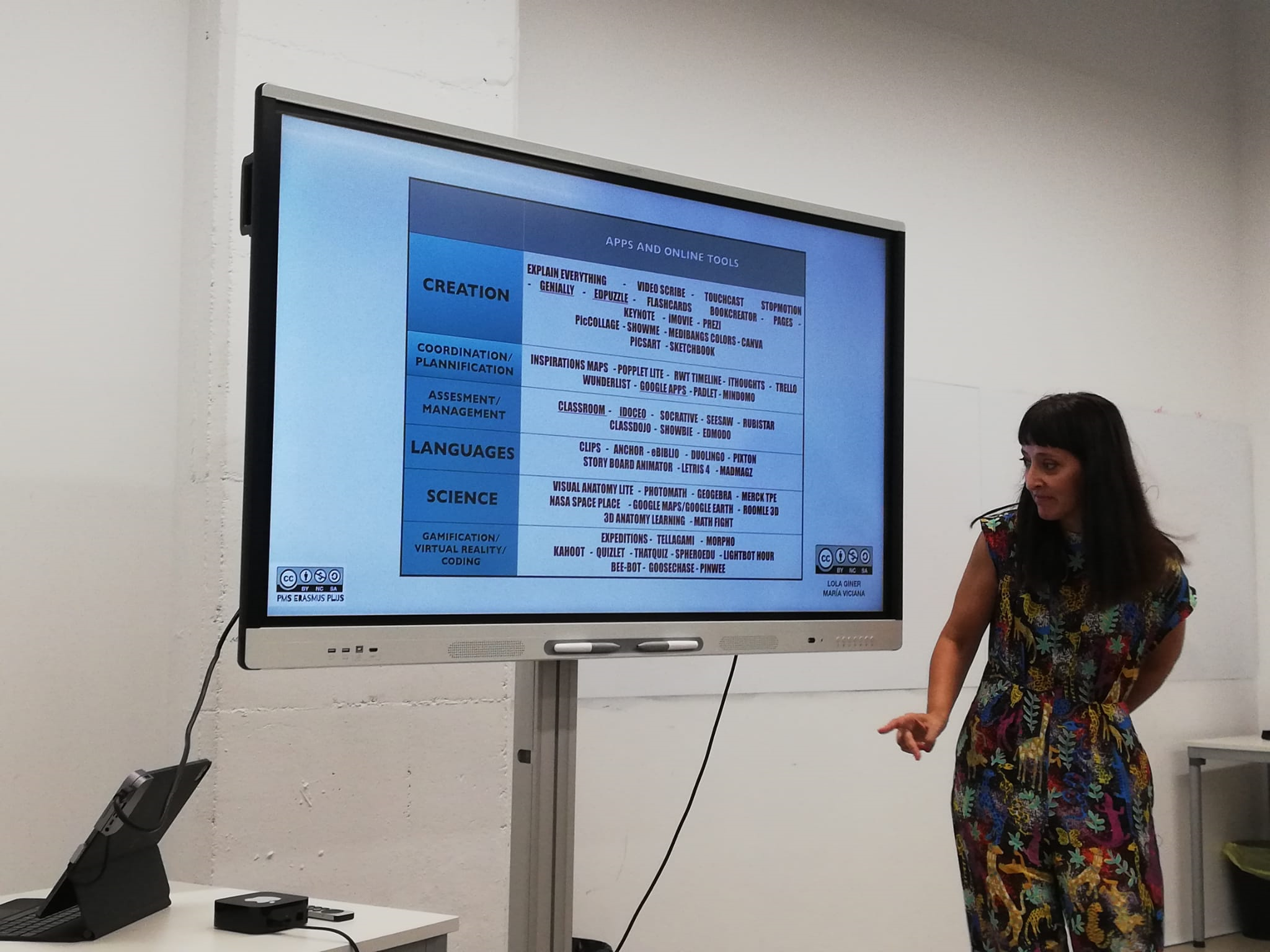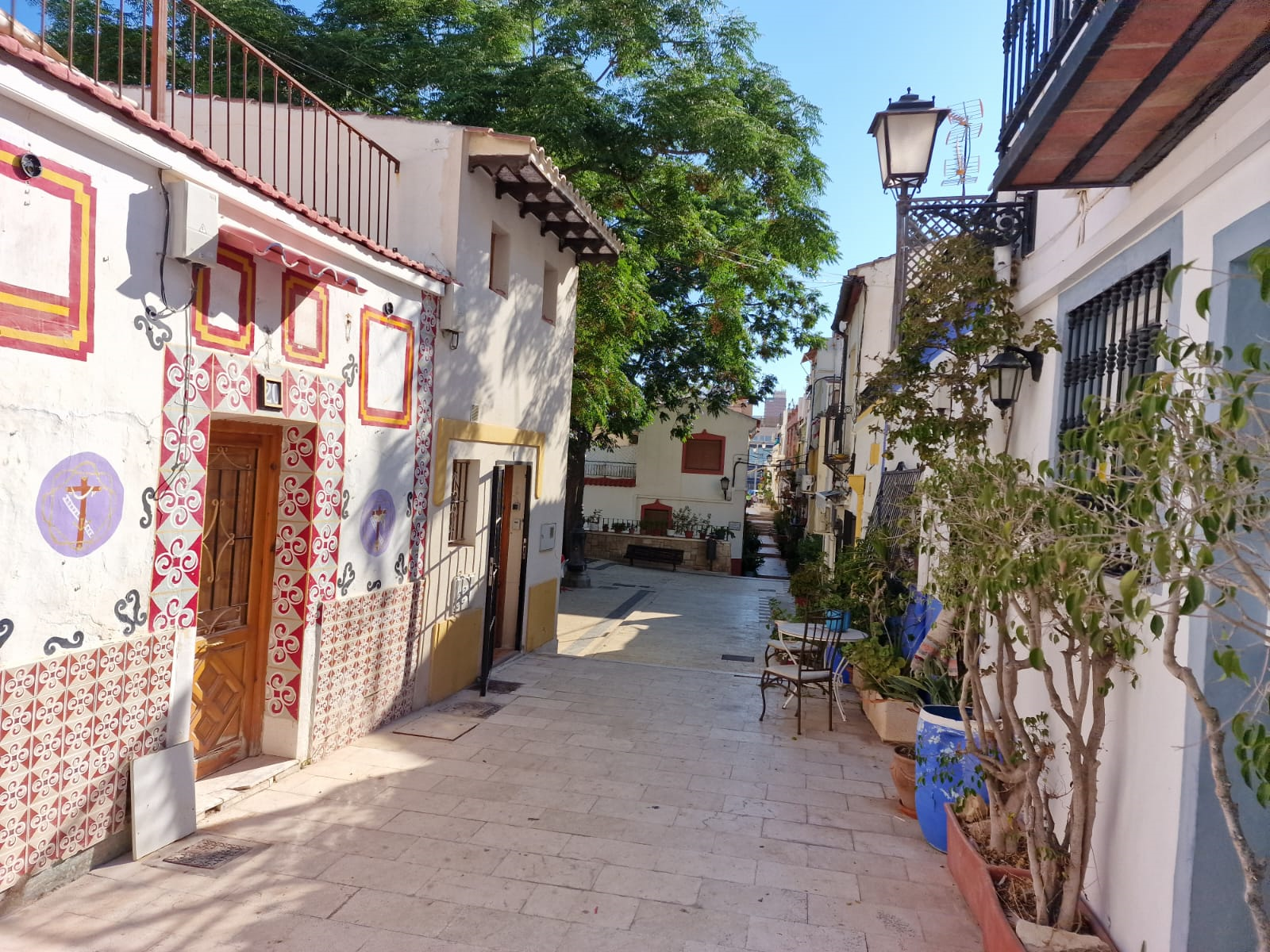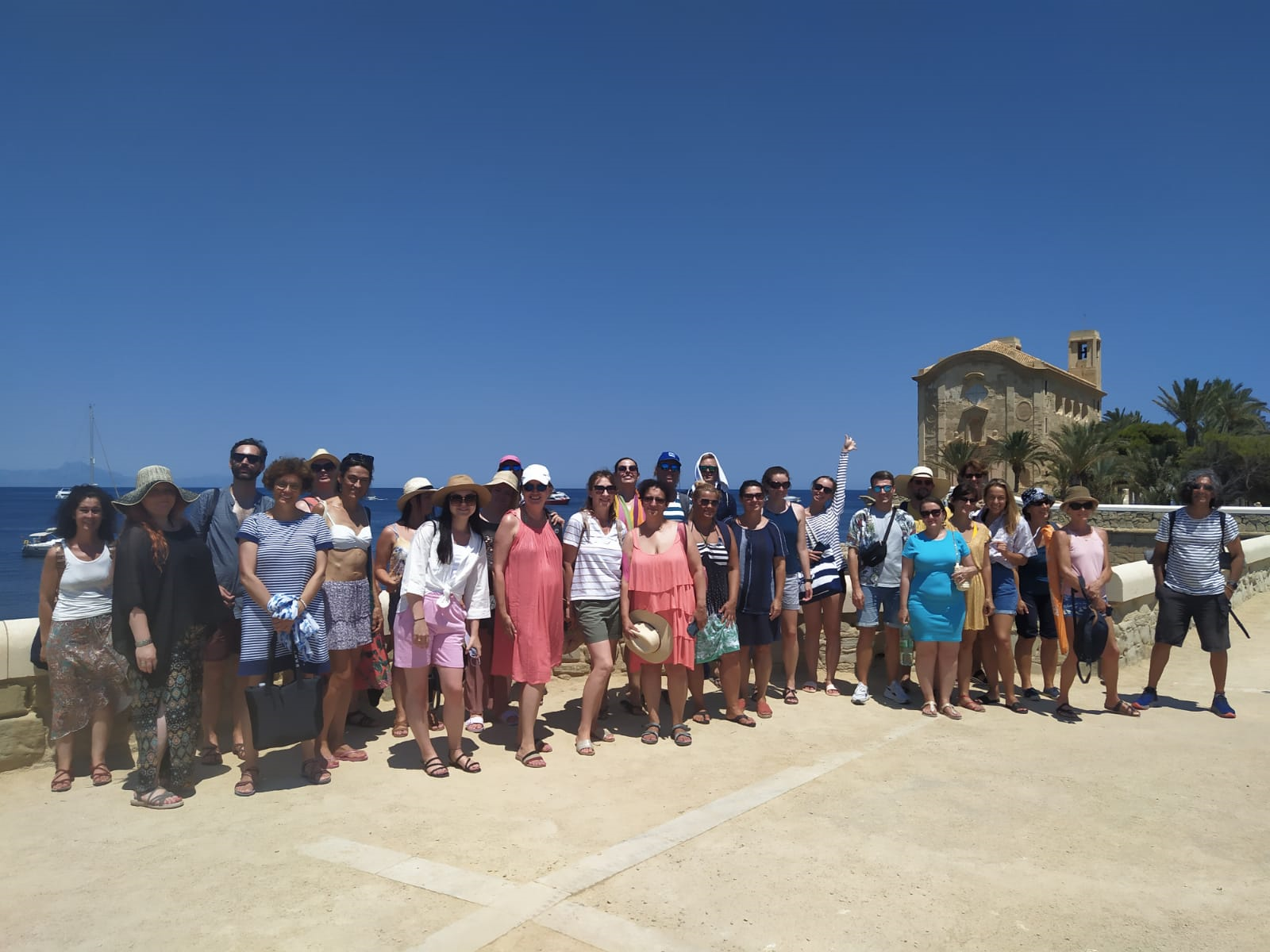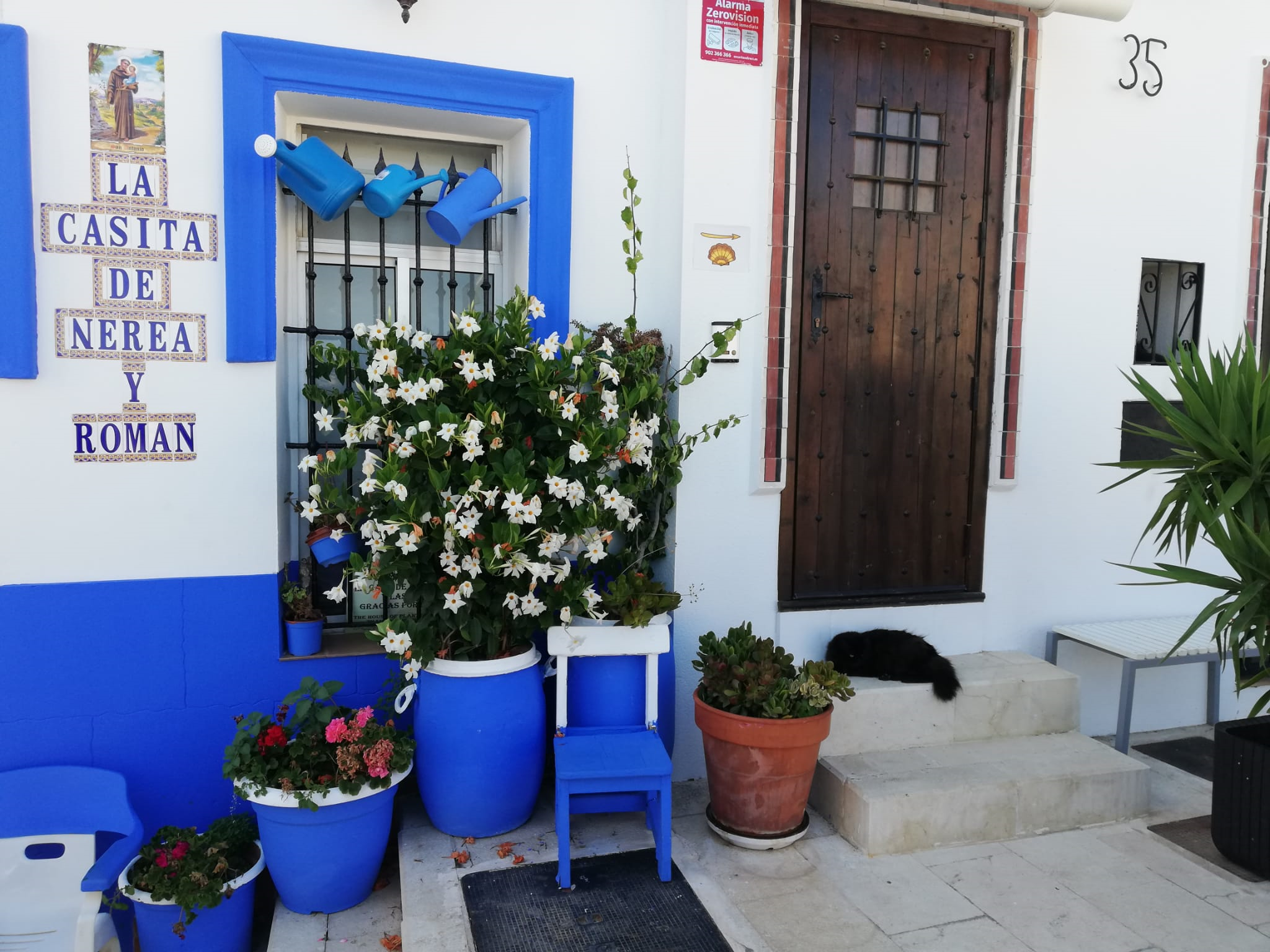Discover Alicante playing Goosechase, in the Erasmus+mobility

Between July 10 and 16, 2022, I participated in the Erasmus+ mobility "Innovative methodologies July 2022", in the city of Alicante, which is located on Alicante Bay of the Mediterranean Sea, eager to participate in the course but at the same time curious to discover the heritage local culture.
Currently, Alicante is one of the most modern and beautiful cities on the Spanish coast. This metropolis, called Alacant in Catalan, is (along with Barcelona and Valencia) one of the most important ports and tourist resorts on the Mediterranean Sea and, at the same time, the main commercial and fishing center of the Valencia region.
The history of this city is closely related to the sea. It is one of the oldest human settlements on the Spanish coast of the Mediterranean Sea. The town was founded by the Greeks when in the 4th century BC they built the colony Leukon Teijos (city of light) on one of the hills. The settlement was then expanded in the 3rd century by the Carthaginians, using it as a base for maritime trade. It received a new increased economic and political importance during the time of the Romans between the years 218-201 I Cr, during which time it was called Lecentum. In 1490, it was declared a city by Ferdinand II.

The course Erasmus+ was up to our expectations because as our society becomes more complex, the schools must adapt their methods to prepare students for the new challenges of the 21st century. This course helped prepare us for a dynamic, challenging and motivating teaching approach that will make students critical and aware digital citizens.
Every day we discovered that there are different teaching strategies to create an active learning environment and to engage the students to it. Cooperative Learning, Project Based Learning, Flipped Classroom and Blended learning are excellent examples of these active methodologies. This inclusive approach provides teachers more opportunities to personalize the learning process of their students.
Except for the new active teaching strategies, the organizers managed to insert visits to cultural buildings during the course to discover the local heritage, and what I found most interesting is that the first day of the course started with the discovery of the city, using an application on the phone, through which everyone discovered a certain route in the city, after completing certain tasks. This was a guided and educational activity to discover the city. Keeping the desire to discover the city of Alicante, to interact with the locals and to collaborate with the other students, on the last day we were proposed an activity with the help of the Goosechase application which is a digital tool and app for creating multimodal fabric hunts.
Using Goosechase, we can take photos or videos of scavenger hunt items, solve riddles and puzzles, and tag themselves to a GPS location, such as a historical monument. We can compete either individually or in teams to earn points for various missions they complete. The participants can also see a live leader board, which adds a competitive element to the activity. Scavenger Hunts can be an active way to engage students in content exploration, especially on field trips. Scavenger hunts allow students to find information for themselves, work as a team, and enjoy an authentic learning experience.
Erasmus+ also offered us free and optional activities so that we could better meet fellow students and create an effective network for the future. Discovering the city and its cultural heritage. Visit to the city of Alicante and the Castle of Santa Bárbara. Visit to the MARQ Museum, archaeological and historical site awarded as the Best European Museum in 2004. Excursion to Tabarca Island in Alicante with all participants from the course and other structured courses of the company. Guided tour with historical and cultural contributions.


